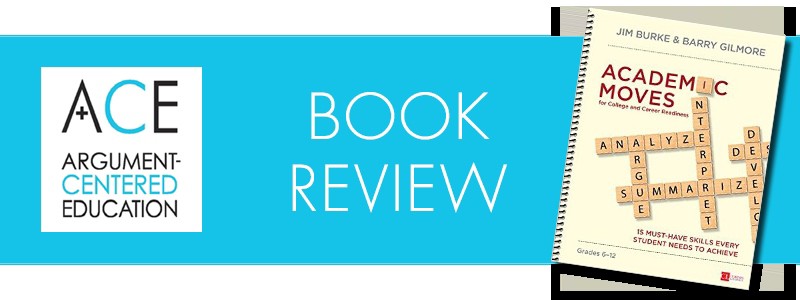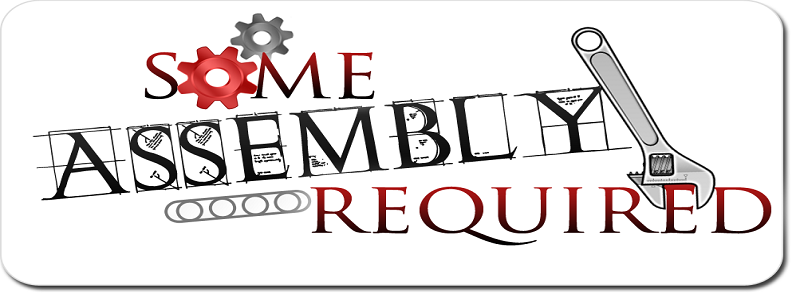Argument-Based Presentations on the Opening of the American West
Peirce International School humanities teacher Tiffany Brugman and Argument-Centered Education have collaborated on the argumentalization of the school’s Opening the American West unit. We wished to share it out as another demonstration of the argumentalization process and the ways that it can generate student inquiry, critical thinking, college-directed argumentation skills, and communications exercise and growth.
It starts, as regular readers of The Debatifier know, with the formulation of the debatable issue(s). For this unit, the issue is formulated as a question:
What was the most important factor in the opening of the American West?
An Argument-Centered Approach to Teaching to the U.S. Constitution Exam
One of Argument-Centered Education’s high school partners’ 10th grade U.S. history classes are immersed right now in preparing students for their U.S. Constitution exam. “Time to take a break from our argument-centered projects,” a teacher opined. “Our Constitution exam curriculum is dry and content-heavy. We just to have to fill the kids with the facts about the articles, sections, and amendments, then they reproduce what they’ve learned. We’ll get back to debatification in February.”
Understood, was our first word. Our next two: But wait. We’d like the chance to work with your U.S. history teachers and classes to demonstrate a way of understanding an argument-based pedagogy that applies to contexts in which objectives are information-heavy and seek to instill in students the foundations of knowledge that will enable them later to engage in substantive academic or public debates.
Book Review: ‘Academic Moves for College and Career Readiness’ (Corwin Literacy, 2015), by Jim Burke and Barry Gilmore
From the Outset
Renowned educators and education writers Jim Burke and Barry Gilmore have put together an eminently useful resource binder for teaching what they identify as the most essential “academic moves” in K-12 education: Academic Moves for College and Career Readiness. This study and collection of resources on the “15 must-have skills every student needs to achieve” germinated from the authors’ day-to-day opportunity, they tell us, for reading and reflecting on the problems and prompts handed out to students by their teacher colleagues.
What are we actually asking our students to do in classrooms across disciplines? How do these directions interact with the requirements of current standards such as the Common Core or the new SAT? And how can teachers be assisted in becoming more intentional about teaching the precise academic skills their assignments and assessments demonstrate that they most value? These were the generative questions of the book. Burke and Gilmore wish to bring “consistency and clarity to the language” of school work, “the language of learning.” They quote Argument-Centered Education founding advisers Gerald Graff and Cathy Birkenstein in saying that they intend for their resource binder to lay bare the “‘deep, underlying structure, [the] internal DNA’ common to the academic and cognitive moves” that students must learn to make, across all subject areas.
Argument Assembly Activity
On first blush, you wouldn’t think that Sid Fleischman’s 2006 biography of Harry Houdini, Escape!, would be ripe for debatification, particularly as the centerpiece of middle school reading unit. But it turns out to present a solid demonstration that argument can productively organize curriculum far beyond obvious controversial issues.
Argument-Centered Education worked with a middle school partner to argumentalize its five-week unit on Escape! for its English language arts classes, using the five steps.
Student-Generated Questions: A Simple Technique to Increase Engagement, Critical Thinking, and Academic Argumentation
by Karen Sheehan
Kids love to argue. Compelling students to argue in an academic way is the challenge. Fortunately, there is a simple solution: asking questions. The ability to ask well-conceived questions is the foundation for the ability to formulate well-conceived answers, which is the cornerstone of argument. Teachers who do not regularly require students to generate questions are missing out on an effortless opportunity for engagement and higher order thinking in an environment that fosters academic argumentation.






